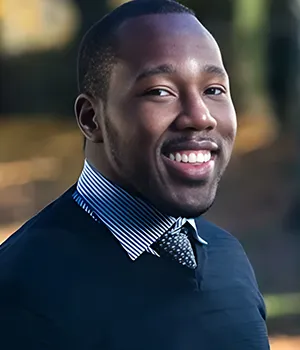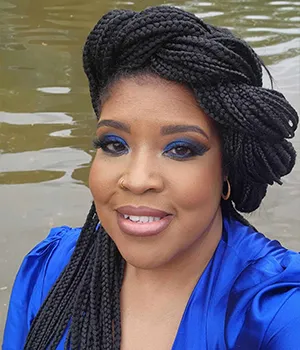

At JK Counseling, we are dedicated to providing compassionate and effective counseling online services to individuals and couples in New York. If you're searching for a therapist near me online, our virtual therapy sessions offer a safe, inclusive, and supportive environment to help you achieve personal growth and emotional well-being.

Our commitment to mental wellness is unwavering. We believe in the power of therapy to transform lives and are dedicated to helping our clients overcome challenges and achieve their goals. Our approach is client-centered, focusing on creating personalized therapy plans that cater to each individual’s unique needs. Whether you're looking for therapy online sessions or seeking a compassionate therapist in New York, we are here to support you on your journey to emotional well-being.
Our expert therapists in New York are highly qualified and specialize in various therapy areas. If you're looking to get a therapist online, our team is dedicated to providing compassionate and effective care tailored to your needs.

Psychotherapist/Owner, LCSW, MBA, CAMS-II
Joel brings a blend of clinical expertise and business acumen to his practice, offering a comprehensive approach to therapy. His specialties include individual therapy, couples counseling, and EMDR therapy.
Learn More About Joel
Therapist, LMSW
Thea focuses on helping clients by examining the connections between personal, work, and relational challenges.
Learn More About Thea
Client Care Assistant
Dollie is here to make starting therapy easy, offering guidance and support from the very first step.
Learn More About DollieAt JK Counseling, we aim to support mental health and personal growth through exceptional therapy online sessions. As a dedicated therapist in New York, we strive to create a therapeutic space where clients feel safe, valued, and understood. Our goal is to empower individuals and couples to overcome obstacles and thrive in their personal and relational lives.
At JK Counseling, we provide empathetic, personalized care through our user-friendly online platform. Our therapy online services offer flexibility and convenience, allowing you to attend sessions from home. We specialize in EMDR, couples therapy, and anger management, ensuring better therapy and comprehensive support for your diverse mental health needs.
We prioritize understanding each client’s unique needs and tailoring our approach to provide the most effective therapy.
Our user-friendly platform makes scheduling and managing sessions easy, ensuring a hassle-free experience.
Virtual therapy offers the convenience of attending sessions from the comfort of your home, providing flexibility to fit therapy into your busy schedule.
We offer a range of specialized services, including EMDR, couples therapy, and anger management, to address several mental health needs.





Contact Us today at JK Counseling to schedule your session and learn more about how our compassionate, expert team can support you. Let us help you achieve a healthier, happier life with our personalized therapy services tailored to your needs.
Contact Us